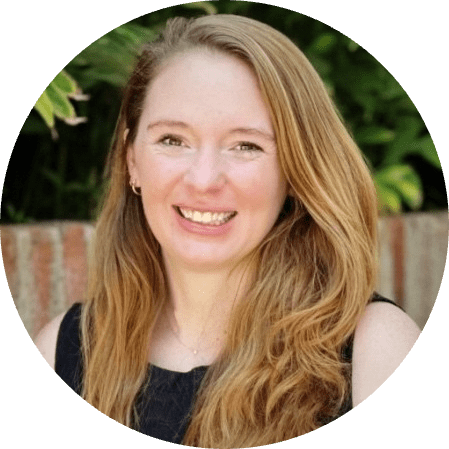How side hustles are creating happier, more creative employees

Adam Wagner had his 20th crossword puzzle published in The New York Times in May. He’s also the creative lead at Patreon, a platform that provides business tools for content creators.
In his free time, Wagner enjoys puzzles and games and is launching two independent puzzle games.
“Yes, Adam’s a full-time employee, but he’s also a creator,” said Rory Brown, chief brand officer at Patreon.
In fact, it’s helping him show up even better at work. Not only does he use Patreon to connect with his puzzle community so he can understand its service better as a user, he also has an additional outlet for creativity and a passion project.
Side hustles have been on the rise for years, and with the Federal Trade Commission having announced the ban on noncompetes nationwide at the end of April, some expect this to rise further.
“It’s really healthy for people to have that energy outside of work, whether you can actually apply those learnings to your everyday job, or if it’s just completely different from what you do as your day job,” said Brown. “I firmly believe that people are happier when they do things they’re passionate about. Without that, they hit frustration, burnout, and exhaustion, and that’s when they leave jobs because they feel like those jobs are keeping them from being creative and doing the things they love.”
It’s a little bit more seamless for a company that works so closely with creators. For example, ZenBusiness is entirely focused on providing business tools for entrepreneurs. “We are committed to walking the walk,” said Ross Buhrdorf, CEO of ZenBusiness. “We can do this if our employees are also entrepreneurs.”
That’s why the company encourages its employees to have side hustles and have another route to financial gains.
“We hope that the more trust and flexibility we can offer to our employees the happier they will be,” said Buhrdorf. “If their side hustle businesses make them happy, they will be more inclined to show up as their best selves. We are a remote business, so there is also flexibility in working on side hustles after hours without time spent on a daily commute.”
Naturally, being encouraged to run a side hustle by an employer whose core business caters to entrepreneurs is more straightforward than those that don’t. But often having a supportive manager is all it takes.
Cameron Ruby, PR director at Six Eastern, was a part-time freelance journalist for women’s basketball publication The Next, before she joined the PR agency. “I was nervous to bring it up, but my boss was super supportive,” Ruby said. Getting the all-clear meant she could continue to write about women’s basketball on the side. She’s not the only one. Her colleague writes for Boston Magazine on a freelance basis.
“I did a podcast a few months ago based on my reporting work and my boss was so excited for me,” said Ruby. “Soon after, she told the rest of the company about it and suggested that everyone at Six Eastern try to speak on a podcast this year about something they felt they were an expert in, no matter how big or small.”
Similarly, Day One Agency, a creative communications agency, has an initiative called “Outside D1A,” where employees are encouraged to share their side hustles and passions with the company during a staff meeting. The goal is to give team members a chance to bring attention to their passion projects outside of agency work, inspire others, and emphasize the importance of getting to know people for who they are outside of work.
Recent examples of side hustles shared by employees include stand-up comedy, food blogging, fashion design, photography, and DJing. Participating in Outside D1A has led to some employees putting their passion projects and skills to work for the agency’s clients.
One employee who moonlights as a stand-up comic became the face of several clients’ TikTok accounts, and another who is a food blogger helped plan one of the agency’s AskGenZ dinner events in Los Angeles.
“Over the past few years, ‘Outside D1A’ has been a catalyst in encouraging our team to share their side hustles and passions with the agency,” said Randi White, svp of inclusion and community at Day One Agency. “Not only has it helped D1Aers get to know each other better and inspire creativity, but it’s also created opportunities for team members to bring their passions and skills to agency work that they don’t normally touch.”
Over at the Cassette Group, a U.K.-based immersive technologies business, Dan Johnston is a developer, but by night time he performs DJ sets.
“Before transitioning into the tech world as a developer, I spent nearly two decades as a full-time DJ,” said Johnston, who has shared the line-up with Calvin Harris. “Currently, I continue to produce music and perform DJ sets, albeit on a more selective basis. This balance allows me to work in immersive technology while still engaging with my musical pursuits, both of which I am deeply passionate about.”
It’s a win-win. He says that his dual roles offer unique avenues for self-expression. While he hasn’t DJed at a Cassette work function yet, he is encouraged to engage with the company’s VR equipment beyond its immediate projects.
“At Cassette, problem-solving is integral to my work, and there have been numerous instances where immersing myself in music has sparked those ‘eureka’ moments,” said Johnston. “This can provide benefits to both the project and my well-being at work.”

